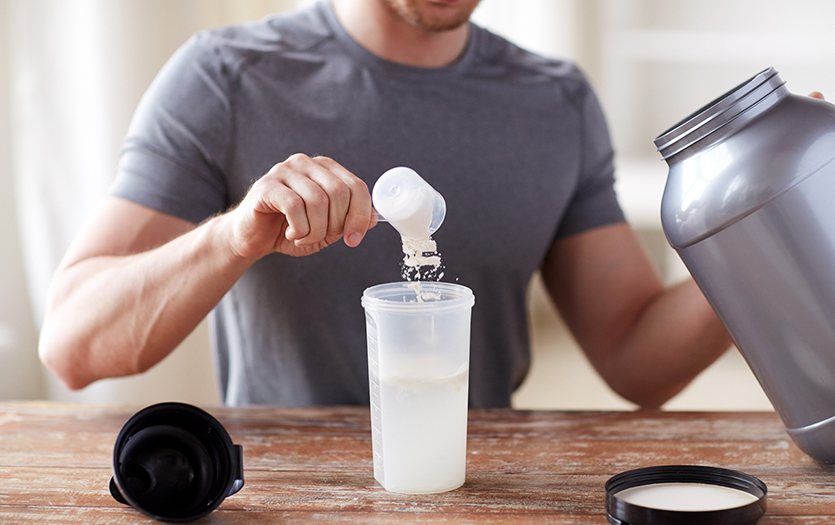
This post was written by Sami Kauffman, MA, RD, CSSD, LD, sports dietitian, Parkview Sports Medicine.
Creatine is an amino acid found in the body’s muscles and brain. It is stored as phosphocreatine in the muscles and used for energy. Additionally, it can be used to treat some brain disorders, neuromuscular conditions, congestive heart failure and other conditions.
Sources of creatine
Creatine is found in seafood and red meat and can be produced by the liver, pancreas and kidneys. It is also available in supplement form.
Supplemental creatine is often used by athletes to improve athletic performance and increase lean mass. It may help athletes do more reps or sprints and lead to greater gains in strength, muscle mass and performance. It also assists in rapid recovery during training, as it’s the source of quick energy produced by our muscles. Generally speaking, supplementing will benefit athletes who need short bursts of speed or increased strength.
Research shows that creatine may also play a role in injury prevention by reducing the frequency of dehydration, muscle cramping and injuries to the bones, ligaments, muscles, tendons and nerves.
Taking creatine
Athletes should choose a brand of creatine that has been submitted for third-party testing to be sure the supplement is not contaminated with any banned substances.
When beginning creatine, individuals can introduce the supplement in a loading phase (taking a larger amount initially), but this is not necessary. Athletes should take in 5 grams daily, regardless of activity level that day, and depending on their goals can use it year-round or in a cycle.
Creatine can cause some fluid retention, so it will slightly increase an athlete’s weight and require additional fluid intake (10-17 ounces extra daily).
Creatine is generally considered a safe supplement that has proven to be effective. Like all nutrients, not everyone will have the same response, but evidence shows it generally will not cause harm to those with healthy kidney function. Those with a kidney disorder should speak with their provider or care team before introducing creatine. Individuals should also be cautious about combining caffeine with creatine as it may decrease the effectiveness of the supplement.
To learn more about the nutrition needs of active athletes and individuals, contact Parkview Sports Medicine at 260-266-4007 to schedule a consultation.




